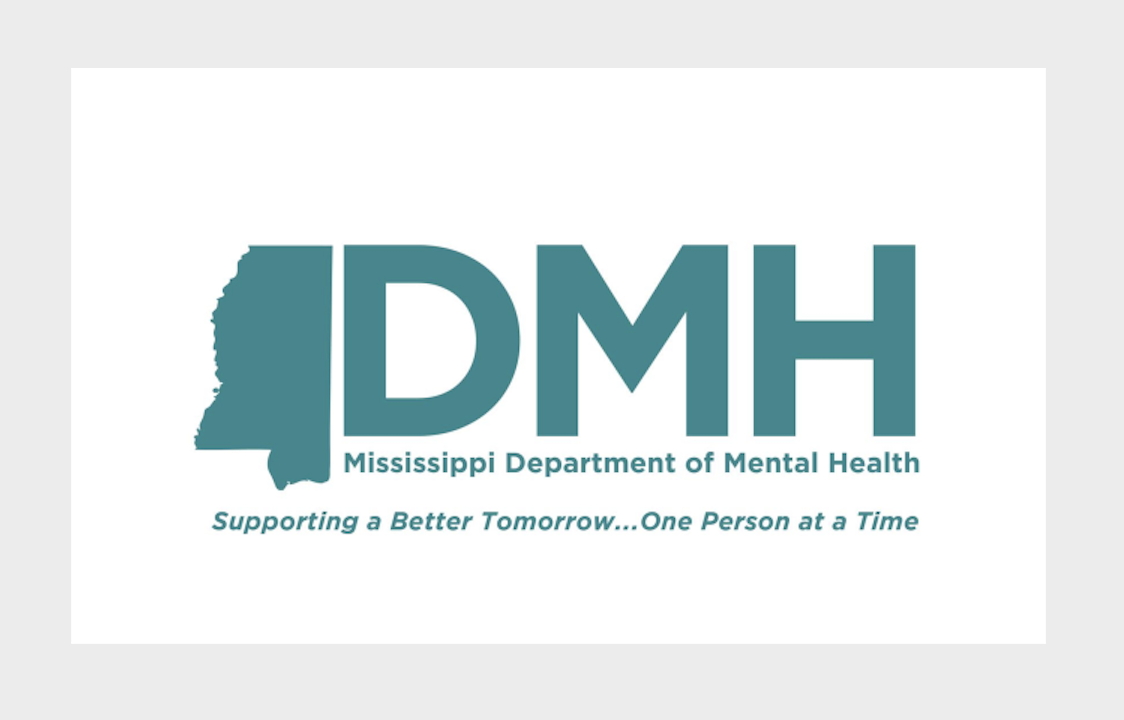Over the past few weeks, we have explained that the Mississippi Department of Education requires public schools to implement multi-tiered systems of support (MTSS) for all students, but not all schools have the workforce to do so. We believe that if school systems had the person-power to implement these supports and outside mental health providers coordinated their work with MTSS, more children would succeed academically and behaviorally at school.
This shift would likely require mental health providers to rely less on day treatment and other traditional mental health services and instead use models that are more integrated with MTSS. Such a change would require planning, training, and ongoing support from all involved. At the same time, we believe changes to the current Day Treatment Services on page 197 of the proposed standards would be a helpful starting point. MDH could update these standards to make it less likely that school systems segregate children with disabilities from their typically developing peers.
We will likely comment on these standards:
16.5.I: The agency provider must initiate and maintain the standardized Memoranda of Understanding (MOU) (including a confidentiality statement), signed by the Executive Officer of the mental health agency provider and the superintendent of each school district in the region served by the agency provider.
16.8: For children/youth receiving mental health services, a DMH-approved functional assessment must be conducted within 30 calendar days of initial assessment and at least every six (6) months thereafter. If a child/youth has been evaluated by the school district or other approved examiner to determine the need/eligibility for special education services, the mental health service provider must document their request and/or receipt of such evaluation results, provided that appropriate written consent was obtained from the parent(s)/legal representative(s) to do so. Copies of the request(s) for the release of information and any special education evaluation results received must be maintained in the person’s record.
19.5.G: Mobile Crisis Response Teams will receive requests from various sources including the crisis lines, 988, law enforcement, DMH, or other defined referral sources (e.g., schools, chancery clerks). Mobile Crisis Response Teams are required to maintain a telephone number directly connecting referral sources to the Mobile Crisis Response Team. This telephone number must be proactively shared with DMH, 988, law enforcement, and other defined referral sources, including, but not limited to, the examples outlined above.
22.1.H. Mobile Crisis Response Teams will receive requests from various sources including the crisis lines, 988, law enforcement, DMH, or other defined referral sources (e.g., schools, chancery clerks). Mobile Crisis Response Teams are required to maintain a telephone number directly connecting referral sources to the Mobile Crisis Response Team. This telephone number must be proactively shared with DMH, 988, law enforcement, and other defined referral sources, including, but not limited to, the examples outlined above.
26.1.A: Day Treatment Services are mid-level intensity programs designed to promote successful community living and well-being for children and youth with serious emotional disturbance. The services provide an alternative to the more restrictive community-based services, such as acute partial hospitalization and Mississippi Youth Programs Around the Clock (MYPAC), and serve to prevent the need for residential treatment, unnecessary acute psychiatric hospitalizations and/or minimize disruptions to the child/youth’s participation in the regular school setting. Day Treatment Services are based on therapeutic interventions that address the child/youth’s underlying condition, as well as the alleviation of current symptomology. Programmatic activities are based on behavior management principles and include, at a minimum, positive feedback, self-esteem building and social skills training. Additional components are determined by the needs of the participants at a particular service location and may include skills training in topics such as impulse control, anger management, problem solving, and/or conflict resolution.
26.1.B: At a minimum, one (1) Children/Youth Day Treatment Program must be offered to each school district in the region served by each DMH/C or DMH/P agency provider.
26.1.C: Children/youth must have the following in order to receive Day Treatment Services: 1. An eligibility determination for one (1) of the following: Serious Emotional Disturbance or Autism/Asperger’s. 2. A justification of the need for Day Treatment Services which must include documentation of the intensity and duration of problems, as part of the initial assessment or as part of a post-intake case staffing and at least annually thereafter.
26.1.E: Each individual Day Treatment program must operate at a minimum of two (2) hours per day, two (2) days per week up to a maximum of five (5) hours per day, five (5) days per week. Each child/youth enrolled in Day Treatment Services must receive the service a minimum of four (4) hours per week.
26.1.F: To ensure each child/youth’s confidentiality, no children/youth other than those enrolled in Day Treatment Services can be present in the room during the time Day Treatment Services are being provided.
26.1.O: Individual Day Treatment programs operated in a school must ensure that Day Treatment Services continue to adhere to all DMH Operational Standards for this service. Day Treatment Services are a separate program from educational programs which must meet 198 applicable Mississippi Department of Education standards and regulations. Day Treatment Services and educational services may not be provided concurrently.

